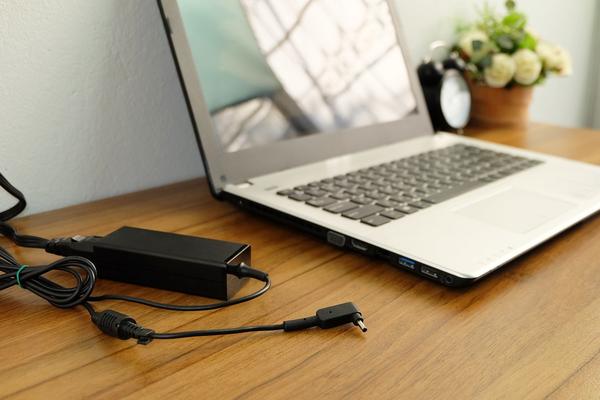How to make your laptop battery last longer
Popular Science: We've all had our smartphones and laptop batteries running around. When our batteries run out, our lives stop until we find a place to charge them. That's why many people list battery capacity as one of the most important specs when choosing a new device.
If you don't want to spend your day worrying about the next time you can charge your laptop, take proactive measures to limit battery consumption. With the right OS tweaks and customizations, and good habits, you can make your battery last longer than ever before without being constrained by a wall-plugged cable.
Adjust Display Settings
One of the biggest battery drains on a laptop is a bright, high-resolution display. Any way to lighten that load will have a beneficial effect on extending battery life.
Let's start by adjusting the brightness. Use keyboard shortcuts on your laptop to lower the screen brightness to a level that does not strain your eyes. You can make more detailed settings by opening "System" in "Settings" on Windows and clicking "Displays", or by clicking "Displays" in "System Preferences" on macOS.
In addition, setting your screen to time out sooner also consumes less battery. This and other power-saving options can be found in the Power & Sleep section of System in Settings on Windows, and in the Energy Saver section of System Preferences on macOS.
Other settings available on the same screen put the hard drive into a "sleep" state (which takes longer to boot up but uses less power) or puts the USB device into a low power mode. etc. is possible. These tweaks don't make much of a difference, but enabling them can improve battery life a bit. If you're using Windows, there's a special battery saver mode that maximizes the time between battery charges. To check this, click the battery icon in the taskbar.

The more you use your laptop, the faster your battery will drain. Therefore, you should close any programs running in the background that you aren't actually using when you're not plugged in. If your laptop uses minimal applications and doesn't use power-hungry programs (like games or video editors), battery life will last longer.
At the same time, browsers consume more battery than you think. I know it's tempting to open dozens of browser tabs at once, but avoiding that will also reduce the strain on your laptop. Also, when browsing websites, avoid (beginning of link) video distribution sites (end of link). These sites usually keep the screen active all the time and require a fair amount of processing power, so they ask for a lot of battery capacity.
Even the sound makes a difference. Active speakers playing music will consume more battery than muted or using headphones. Turn down the volume or mute if possible.
Staying connected to Wi-Fi or Bluetooth also drains battery power in very small amounts. Being able to disconnect and work on your laptop offline, without having to use a wireless mouse or other peripherals, would save a bit of battery life. This is not a significant improvement, but there is no reason not to try it.
Keep Your Battery Healthy
Lithium-ion batteries naturally degrade over time, but if you take care of them properly, your battery will last longer. Start by avoiding environments that are too hot or too cold. Batteries don't like extreme temperatures and will drain faster in such environments.
When you overwork your computer, it generates heat, which batteries hate. This means going back to the mindset of sticking to tasks and programs that aren't taxing when you're not plugged in. If you absolutely must encode games or videos, consider using a laptop cooler to dissipate heat more effectively and extend laptop battery life.
There is a constant debate in tech circles about the "healthiest" way to charge a battery. Current advice is that in the long run, it's better to let the battery discharge and charge it up a bit than to let it fully discharge and then charge it every time. However, it should be fully discharged once a month. Unplugging a fully charged laptop from the power outlet tends to keep the battery healthier than leaving it plugged in.
Finally, Apple and other companies recommend charging the battery to 50% if the laptop will not be used for a while. Leaving the battery fully charged or discharged for a long period of time may cause irreversible damage.
Make your laptop battery last all day | Popular Science
David Nield
Photo by Shutterstock.